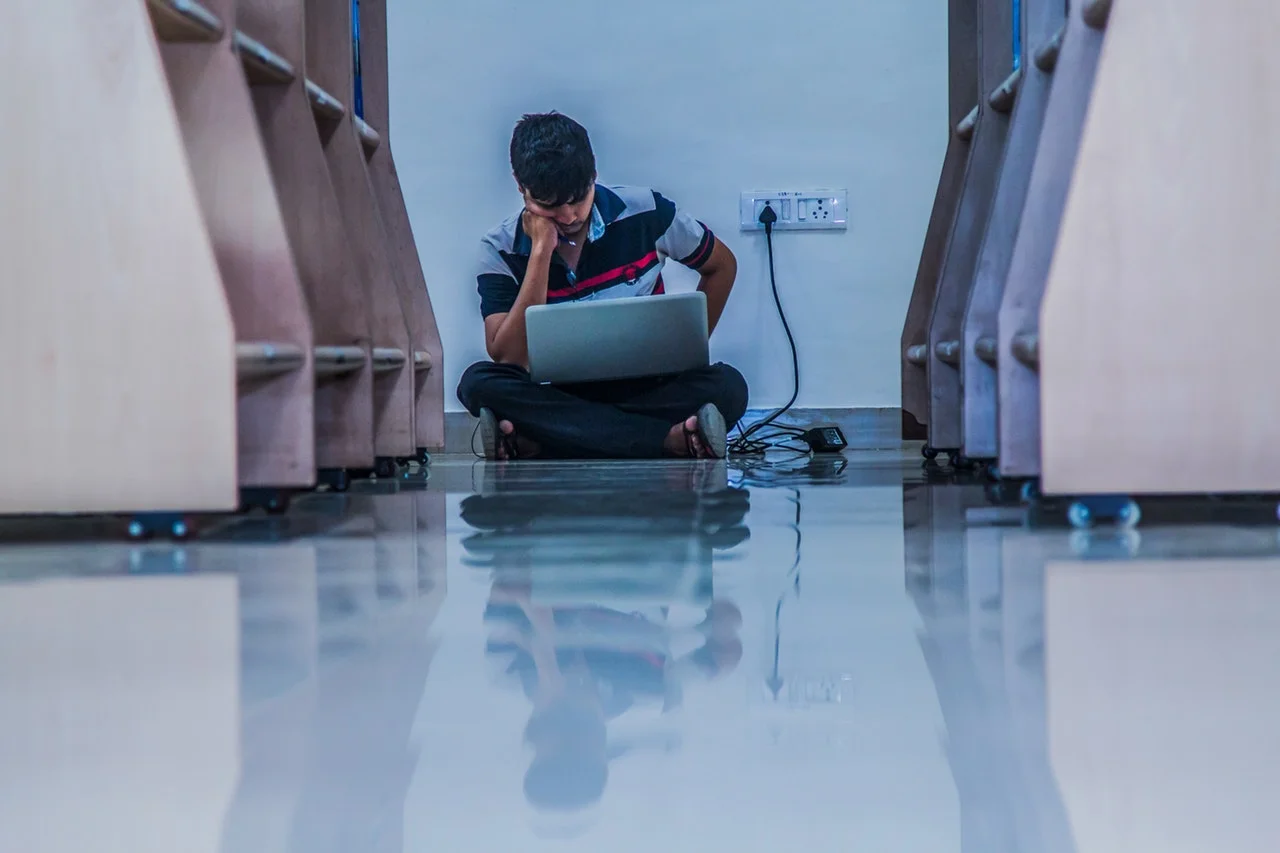by Bill Sheate
It’s Mental Health Awareness week (15-21 May 2023) and the spotlight is on ‘anxiety’.
How can CBH help you with anxiety whatever walk of life you are in?
CBH draws on tried and trusted evidence-based techniques for managing stress and anxiety, for changing your approach to stressful situations and building greater psychological flexibility for long-term resilience. Below I’ve provided the links to just a few of my popular blog post topics, the things that often initiate people seeking out therapy or support. If something resonates for you don’t hesitate to get in touch to arrange an assessment and conceptualisation session - no obligation to further sessions. But it might just help you to understand better what is going on and why. Clients often find that first session can be so helpful and therapeutic in its own right…… [Read more]
by Bill Sheate
Why a PhD peer support group?
Following Mental Health Awareness Week (week ending 31 May 2023), on 7 June I’m launching (and will facilitate) a new online PhD peer support group, open to any PhD/Doctoral student from any higher education institution.
The PhD/Doctoral Researcher Peer Support Group is open to any full or part-time student at any stage of a PhD/doctorate from any higher education institution and any discipline. It is aimed at addressing mental health and well-being issues, the sharing of PhD experiences, challenges at various stages of doctoral research, supervision problems etc. So may issues encountered by PhD/Doctoral research students are shared across disciplines and subjects, because doing a PhD is an unusual situation to find yourself in, as I’ve discussed before (see Rising to the mental health challenges of doing a PhD). Each meeting lasts 1.5 hrs every 2 months; attendance can be regular or occasional….. [Read more]
by Bill Sheate
A lifelong skill
As an academic and as a therapist I’ve observed over the last couple of decades a steady decline in students’ general ability to take notes. Why might that be and so what? Well, note taking is a skill that previous generations took for granted because we had no choice – in a lecture we were never given handouts let alone copies of slides or the option to watch it again (or for the first time) on video! You had to filter what was important and what was not. And so, the skill was learned through years of practice; learning by doing …... [Read more]
by Bill Sheate
Why a PhD is different….
As a therapist specialising in stress and anxiety in higher education I get to work with lots of PhD and other postgraduate research students who at times find life tough to navigate. I also run a range of resilience skills training workshops to help build greater self-efficacy among such students.
Doing a PhD is a bit of a weird lifestyle; you get to research something you're interested in for typically 3 to 4 years, writing it up as a thesis to then be awarded the title 'Doctor'. During that time you usually have a degree of freedom to manage your own time and develop personal ownership of your research project, even if it is part of a bigger research programme. But there are several things that can predispose a PhD student to experience difficulties along the way, or find it difficult to respond to these difficulties with sufficient psychological flexibility. Here are just some of those most important key factors…… [Read more]
by Bill Sheate
Getting back to just 'being' in person. . .
Meeting people face to face and not just through a screen can be quite rejuvenating. Why is that?
Screen time of whatever sort requires quite a different type of concentration, something many of us will have discovered during Covid-19 lock down. It's what we call ‘focused attention’ rather than ‘broad attention’. Focused attention is what we do when we do tasks . But focused attention is also what happens with anxiety, and also often involves tension in the body, as you focus on the screen, or the people in the videos, trying to read signals and body language in two dimensions. It can feel tiring and draining of energy, because it is…….. [Read more]
by Bill Sheate
The new normal for universities?
As countries slowly begin to emerge from lock-down, universities have been busy trying to work out what the new landscape will look like come the Autumn of 2020 and the new academic year. In this third post of what has now become a series, I’m looking ahead to anticipate what teaching and learning at universities might look like this next year and how that could impact on students’ and staff mental health and well-being……..[Read more]
by Bill Sheate
‘Mindful learning’ – transforming life-long learning
I have recently written a blog post for the UK College of Hypnosis and Hypnotherapy on the importance of a mindful learning approach to higher education, rather than a fixation on outcomes.
Mindful learning is a major focus for me in the resilience skills training I deliver to undergraduates and postgraduates (taught and research). Here is a short extract from that post, which you can read in full here:-
Pefectionism - the real challenge
“Exam performance and school league tables. They seem to be the key driver now for our primary and secondary education system – the need to deliver results. Unfortunately, this ill-prepares young people for a future of good mental health and well-being, let alone for university or life-long learning. Students effectively become ‘performers’ for the benefit of the school, often at the expense of their own personal mental health.
At university, students perpetuate a learning style ‘perfected’ at school for GCSEs and A Levels, cramming knowledge with the sole objective of excelling at exams. Which of course many do, very well (often at great cost to their own self-worth). But ………. ” [read more]
by Bill Sheate
Today - Thursday 10 October 2019 - is World Mental Health Day.
Periodically, I post on my blog short articles on key aspects of stress and anxiety, and mental health and well-being, especially related to higher education. Below are just a few of the resources on this blog - clustered in one place so they’re easier to find - that you might find helpful:……..[Read more]
by Bill Sheate
Imperial College Union - ‘Under Pressure’ campaign - Wednesday 20 March 2019
As part of ICU’s regular ‘Under Pressure’ campaign, I’m offering this free taster session ‘Anxiety, Stress, Worry?……’ for Imperial College London students that introduces some simple, practical techniques for understanding and dealing with stressful situations, anxiety and worry. Common for many students studying at Imperial (as elsewhere) are problems that arise in dealing with issues like perfectionism, and academic deadlines, workload and exams (at all levels - UG, PGT & PGR), as well as many other personal issues. …….
by Bill Sheate
What do we mean by self-awareness?
Increasingly educational psychology recognises the importance of students developing self-awareness competency - the ability to reflect on one’s own role in society, to be able to evaluate one’s actions and to deal with one’s emotions and desires.
Typically, this involves five key aspects: ……..
by Bill Sheate
Exam performance is not the only - and may not be the best - measure of success
Rob Rinder - in his recent comment piece (17 August 2018) for the London Evening Standard "Failing to get the exam results you want could be the best thing that happens to you — just look at me" - hit the nail on the head. As he said:
"I am convinced that the more pressure we place on the single moment of exam results, the more we detract from nurturing the intellectual and emotional range that turns young people into successful adults and good citizens…….”
…….
by Bill Sheate
Shift your whole approach......
Most university students’ approach to exams is shaped by their experience of exams at school, but this means that most are often poorly prepared for the different style of learning at university and the way in which exams are used, from undergraduate through to postgraduate level. Other forms of assessment are also increasingly utilised at university to assess the attainment of learning outcomes intended by the curriculum. But exams still have a role .............
by Bill Sheate
Changing your approach
At advanced levels - especially postgraduate - exams are less about what you know and more about how you apply your knowledge and understanding to problem-based situations. They’re not there so much to test your knowledge, as to be part of making learning possible, for example as opportunities to apply higher order learning skills like analysis, synthesis and evaluation (and creativity). There are some very simple hints and tips that can make all the difference to your exam technique, especially for essay-type questions – the whole way in which you perceive an exam, approach it, prepare for it and sit it..........














